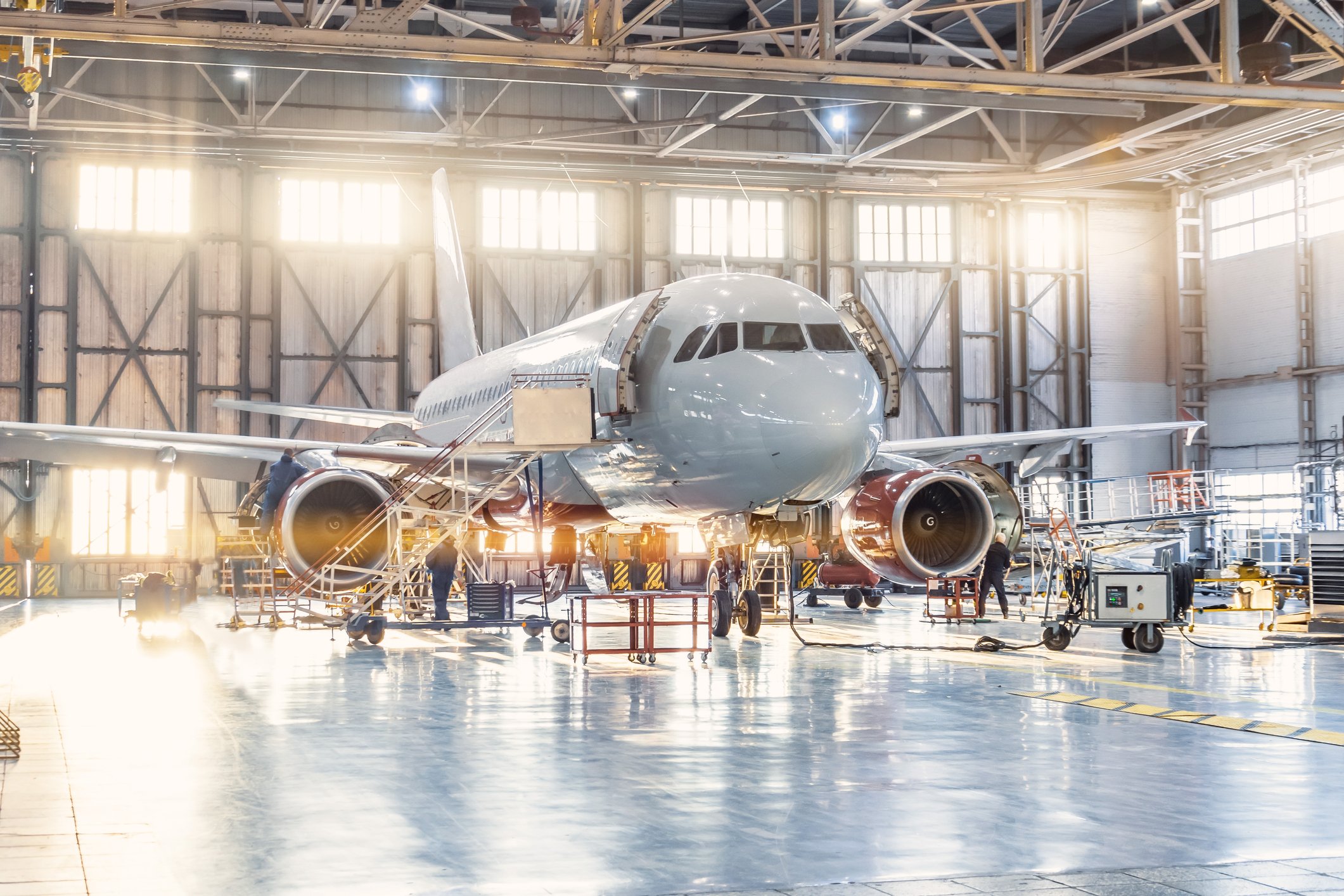
Billed as "the world's most advanced air and missile defense system," the Patriot air defense system is one of Raytheon's hottest-selling products. Source: Raytheon.
"Past performance is no guarantee of future results," say the experts. But Raytheon (RTN +0.00%) shareholders should hope they're wrong about that.
Over the past 12 months, Raytheon shares have soared 73% on strong earnings growth, even as the company's sales have sagged. If you can imagine how well Raytheon stock might perform if the company could get a bit of sales growth going as well, and pair that with a new report on international arms markets from Agence France-Presse, then you just might have yourself a thesis for buying Raytheon stock.
Over the weekend, Agence France-Presse reported that U.S. defense contractors Northrop Grumman (NOC +1.61%), Boeing (BA 0.77%), and Lockheed Martin (LMT +3.98%) are currently trolling for customers in Singapore in the days leading up to that country's biennial Singapore Airshow. Citing data from defense researcher IHS Jane's, AFP notes that 24% of the world's defense dollars are currently spent by nations in Asia and the Pacific -- and that this share is set to increase to 28% by 2020.
Why? Well, you may have heard that Asia is in a bit of an uproar lately over certain moves that China has been making. Currently the second-biggest military spender on the planet, China has set up an Air Defense Identification Zone in the East China Sea, put forth claims to fishing zones off the Filipino coast, and begun building a new fleet of aircraft carriers. These moves have China's neighbors nervous, and eager to shop for arms to deter Chinese aggression.
I'd argue that these sales are most likely to go to the very same defense contractors who've been successful in selling into Asian and Pacific markets in the past. And digging into the companies' financial reports, I've come up with some interesting data on who exactly has enjoyed good "past performance." American defense contractors are therefore flocking to Singapore, and other Asian arms fairs, to try to satisfy that desire to "arm up." But who is best placed to profit from Asian rearmament?
|
Company |
Revenues Sourced From | ||
|---|---|---|---|
|
|
Middle East |
Asia-Pacific (other than China) |
All International |
|
General Dynamics |
2.3% |
1.7% |
20.7% |
|
L-3 Communications |
NA |
2.2% |
18.6% |
|
Lockheed Martin |
NA |
NA |
17.1% |
|
Northrop Grumman |
NA |
NA |
10.5% |
|
Raytheon |
10.1% |
10.3% |
25.5% |
Source: S&P Capital IQ (NA = no data available).
Additionally, three large industrial conglomerates with sizable defense contracting arms also sell internationally. Much of their revenues come from commercial ventures, however, and this makes it difficult to nail down their exact exposure to defense markets in the region. Still, for the sake of thoroughness, here's the data on these three:
|
Company |
Revenues Sourced From | ||
|---|---|---|---|
|
|
Middle East |
Asia-Pacific (other than China) |
All International |
|
Boeing |
12.6% |
15.2% |
54.5% |
|
Textron |
3.2% |
10.3% |
38.0% |
|
United Technologies |
NA |
15.1% |
44.2% |
Source: S&P Capital IQ (NA = no data available).
Foolish takeaway
Of the pure-play defense contractors, it's clear that Raytheon has the greatest focus -- and has enjoyed the greatest sales success -- in selling into the red-hot Asian-Pacific arms market. (I've also included data on the always-hot market for weapons in the Middle East, where Raytheon dominates even more). Raytheon's competitive with more blended commercial and military contractors Boeing and United Technologies, too, and outclasses Textron pretty handily.
All of which tells me that as Asia rearms, Raytheon stock is the one singularly best-positioned to profit from the trend.









